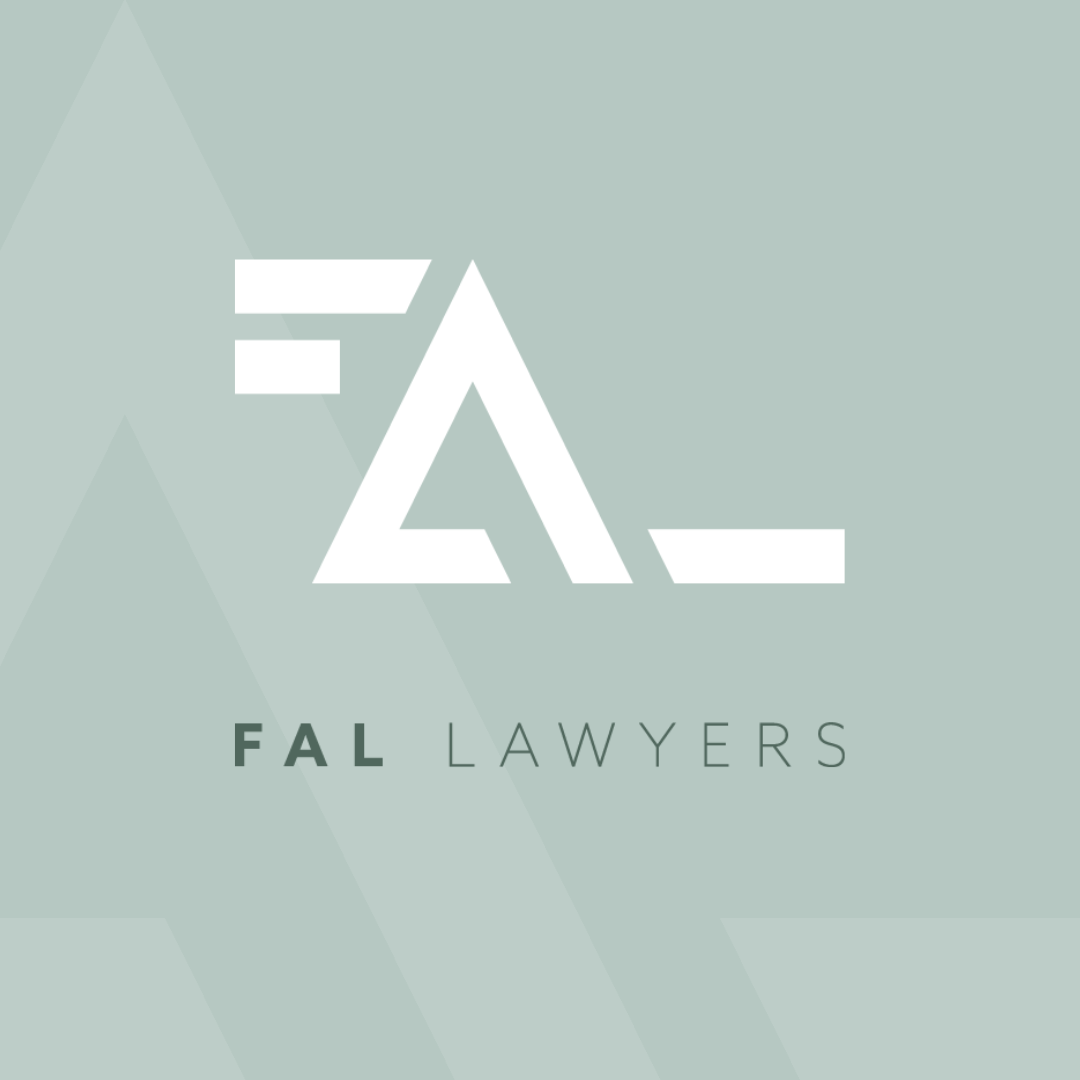
FAL
At FAL, we have been closely following the topic of Artificial Intelligence (AI) for some time now. Analysing the impact, it’s having on the workplace and our daily lives, the exciting possibilities it presents, but also the challenges and concerns it raises. The topic has initiated interesting discussions and healthy debates in the office, particularly around what this means for young people in the education system. A few of the questions thrown around have been: Will AI takeover my job? Should schools go back to pen and paper to avoid cheating? Will young professionals be too dependent on technology?
Last week we had a student join our team carrying out his Year 10 work experience. So, we thought it was the perfect opportunity to get the perspective from someone in the education system, growing up with this new technology. The article below shares his remarks on the current use of AI in schools, and whether he thinks AI should be integrated into the education system.
What is AI and how is it currently being used in schools?
AI is a powerful tool that can be used to assist learning and education in many ways. Although not widely used around schools right now, it likely will be in the near future. No matter what your personal thoughts and beliefs on this topic are, you need to understand what the future will entail, especially if you are a student, a teacher, or a parent. AI is still experimental technology that is constantly evolving so some of what is said in this article may not apply in a few years. It seems as though schools will begin implementing more and more AI tools and platforms in the coming years.
Many students already do use AI out of school grounds to help them with schoolwork, and often use AI tools to cheat their way through classes, such as with ChatGPT. Students use this software to write their assignments and essays for them while they do nothing and use the AI to skip studying for tests and exams. For example, they can tell the AI to find relevant information on whatever topic is needed and write it down without bothering learning at all in school.
Personally, I only use AI to create AI-generated images on websites like Nightcafe and Craiyon. But if I were to be asked to do some research on a topic, I wouldn’t use AI to do it as I prefer to check out my sources myself to determine whether they are trustworthy. Most of my research for my work is done on Google. I occasionally use books and have never used ChatGPT.
What are some AI platforms that currently exist that could assist in education?
There are several AI platforms that exist for this purpose. Two examples of this are Gradescope and Cognii.
Gradescope is an AI platform used by teachers to make assessing students’ papers more streamlined and convenient. (E.g., AI can put all answers for a single question in a group for the teacher to look through and mark rather than the teacher having to go through each student’s submissions individually.) It can also be used to help give relevant and achievable feedback to students based on the level of the students answers and/or writing.
Cognii is a platform intended to help students improve their critical thinking abilities and can provide personalised feedback and tutoring to students. This type of AI and its capabilities will be discussed heavily in the next section.
How can AI-Powered tutoring systems assist students?
This type of AI is by far the most useful in online learning, though it can still be very useful in regular classes. It provides human-like lessons to students without having a real human teacher be present. The AI provides instant feedback to students based on their work. Because of the speed of the AI, each lesson is more personalised for students. Students can instantly be told what they need to do rather than having a teacher explain to the entire class for 10-20 minutes, allowing more time for learning and work.
These AI tutors are said to be much more engaging than regular AI Chatbots, and heavily encourage student self-pacing. This is because, once again, the AI provides instant feedback to students and will remember the strengths and weaknesses of each specific student and will give unique and personalised tasks based on that. This helps the student more than having to do less personalised work for the entire class, set at a pace that may not be right for them.
Even though this seems like an amazing idea, it probably won’t work as well as it could just on its own. I feel as though students would benefit greatly from having a main human teacher for a subject with the AI being there to help students who are struggling or to provide the more academic students with extra work that fits them best. This way all students are given different learning pathways in the subject in a way that benefits them most.
Conclusion
In conclusion, I think AI can be used to greatly improve the education system and to benefit students if handled correctly. For all the reasons listed previously the benefits of AI in a learning environment are clear, but there are some issues that will almost certainly arise if not properly utilised. Being a student myself, I find the idea of having an AI-bot grade my work to be terrible and would much rather have an actual person look over my answers than have a bot do it. Not to mention that students could very likely find ways to manipulate and break the AI being used to assist their learning in order to cheat and get out of doing work. And imagine that happening in universities, where students could get their degrees just by simply manipulating AI and learning nothing.
Overall, AI can revolutionise the education system, but if it is not handled well, it could very easily mess the entire system up and open a new gateway for cheating.
Follow the FAL Lawyers’ AI series to learn about developments, limitations, legal considerations, and more. Through this series we aim to drive discussion around the future of this technology.
If you have any queries on this topic please do not hesitate to contact our team. Contact us to book a free consultation today.
Note: The contents of this article do not constitute legal advice and should not be relied upon as such. If this article pertains to any matters, you or your organisation may have, it is essential that you seek legal and relevant professional advice.
.png?width=675&height=338&name=Untitled%20design%20(8).png)
.png?width=100&height=50&name=Untitled%20design%20(15).png)
.png?width=800&height=800&name=Untitled%20design%20(57).png)

